Advisory Committee
Advisory Committee Role and Composition
Advisory Committee Role and Responsibilities:
The Advisory Committee provides strategic guidance and advice to shape the Alliance’s strategy, priorities, workplan and other initiatives.
This Advisory Committee is critical to the Alliance’s mission of addressing statelessness globally, ensuring that voices from national, regional, and global levels are all part of the collective strategies and efforts.
Advisory Committee Composition
The Global Alliance to End Statelessness is pleased to announce the composition of its first-ever Advisory Committee, which will serve a tenure of three years.
This decision comes after a thorough review of over 40 applications, ensuring that the selected members represent a diverse and well-rounded multi-stakeholder group to guide the Alliance’s strategic direction and work towards achieving the vision of a world free of statelessness where everyone enjoys the right to a nationality without discrimination.
The selection process was driven by the need for balanced representation, taking into account expertise, geographic and regional distribution, and the inclusion of various types of stakeholders. A key priority was to ensure that organizations led by individuals with lived experience of statelessness are included.
We look forward to the valuable contributions of our new Advisory Committee members and their collaborative efforts toward achieving our shared goal of ending statelessness.
The selected members, listed alphabetically, include:
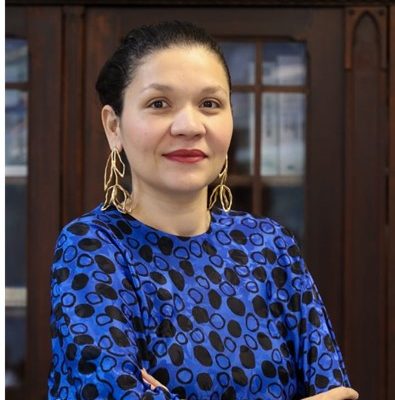
Luana Medeiros
Preventing and reducing statelessness is a shared responsibility and a fundamental step toward ensuring universal access to human rights. Brazil has taken all necessary measures to resolve existing cases of statelessness and to prevent new ones, in line with its international commitments. Brazil has been an active member of the Group of Friends of the #IBelong Campaign and views the new Global Alliance to End Statelessness as a timely opportunity to renew efforts toward the objectives yet to be achieved. By joining both the Alliance and its Advisory Committee, Brazil reaffirms its advocacy for stateless persons at the multilateral level and its commitment to complementing national efforts in this regard.
Luana Medeiros, Director of the Migration Department at the Ministry of Justice and Public Security, has been a member of the career track for Specialists in Public Policy and Government Management at the Ministry of Management and Innovation since 2011. She has worked in areas ranging from higher education regulation to economic regulation and migration.
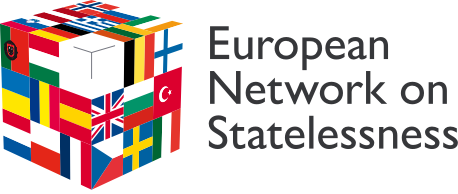

Chris Nash
The European Network on Statelessness (ENS) brings a unique perspective to the Advisory Committee (AC) through its extensive work across 41 European countries. As a civil society alliance with over 180 members, ENS is deeply involved in research, policy analysis, advocacy, and community engagement to address statelessness.
As the first regional statelessness network in Europe, ENS plays a vital role in facilitating trans-regional learning and sharing best practices, including through initiatives like the Regional Network Labs. Our community engagement strategy ensures that stateless people drive our mission, aligning with the Global Alliance’s focus on centering lived experiences.
Since joining the Taskforce in 2022, ENS has been a proactive partner, contributing to all outputs and supporting key meetings in San Remo, Istanbul, and London. We are committed to continuing this high level of engagement and collaboration as part of the Advisory Committee.
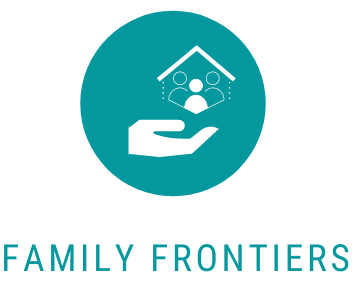
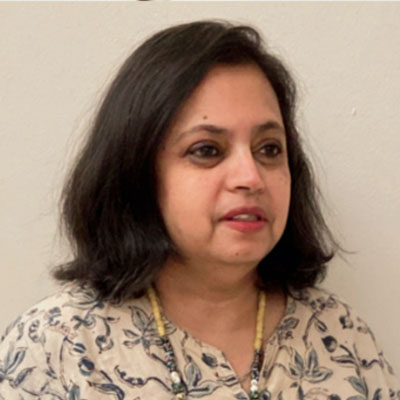
Bina Ramanand
The Association of Family Support & Welfare Selangor & KL (Family Frontiers) is a self-led, not-for-profit organisation driven by individuals affected by Malaysia’s discriminatory citizenship laws. FF addresses the legal disparity preventing Malaysian women from conferring citizenship to their children born abroad. In December 2020, Family Frontiers and six affected mothers filed a case at the Malaysian High Court, seeking systemic change. The case will be heard in the Federal Court in September 2024.
Family Frontiers (FF) conducts research, advocacy, and campaigns to support stateless populations in Malaysia who face limited access to healthcare, education, and risk of family separation. Through engagement with policymakers, human rights bodies, and public advocacy, FF has influenced citizenship law reform, leading to over 25,000 approved citizenship applications in the past year. As part of national, regional, and global coalitions, FF shares best practices and strategies on citizenship rights and statelessness, making it well-positioned to provide valuable insights to the Global Alliance Advisory Committee.
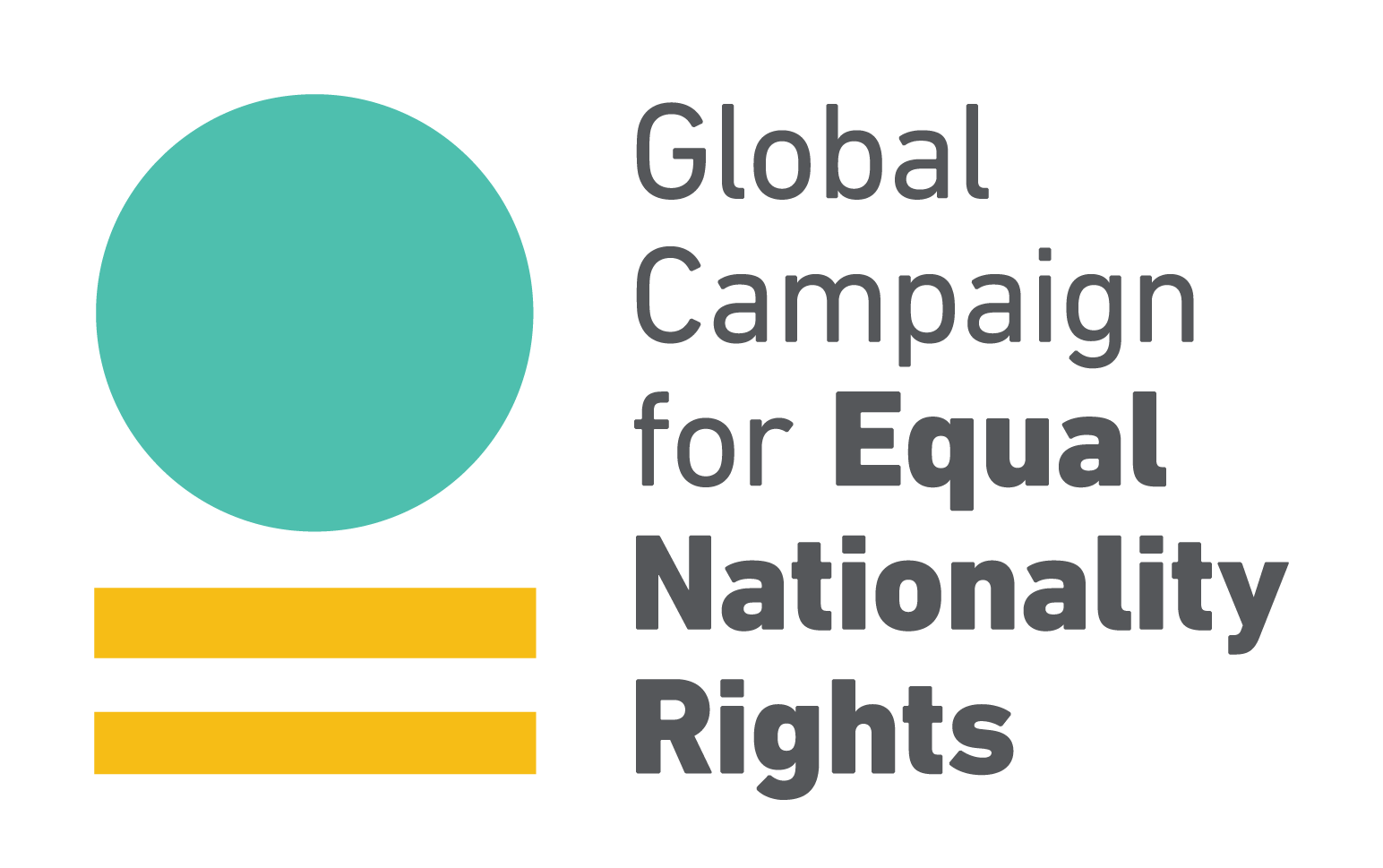
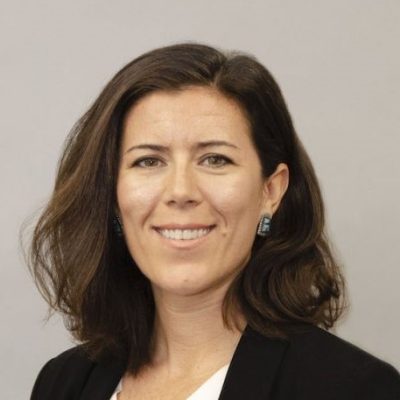
Catherine Harrington
The Global Campaign for Equal Nationality Rights (GCENR) is a coalition of organisations, activists, and UN agencies working to end gender discrimination in nationality laws. With a network spanning over 30 countries across multiple regions, GCENR leverages its expertise to drive change and provide technical assistance. GCENR views the Global Alliance as a key platform to raise awareness, build alliances, and advance equal nationality rights. GCENR’s Campaign Manager, with over a decade of experience in the nationality rights sector and active involvement in the Alliance Task Force and UNHCR’s #IBelong Campaign, is well-positioned to contribute to the Advisory Committee. GCENR brings valuable lessons from building its coalition, engaging diverse stakeholders, strategic planning, and organising high-level convenings. GCENR aims to support the Alliance in achieving real-world impact, offering both an aspirational vision and a practical understanding of the complexities involved in this multi-stakeholder initiative.
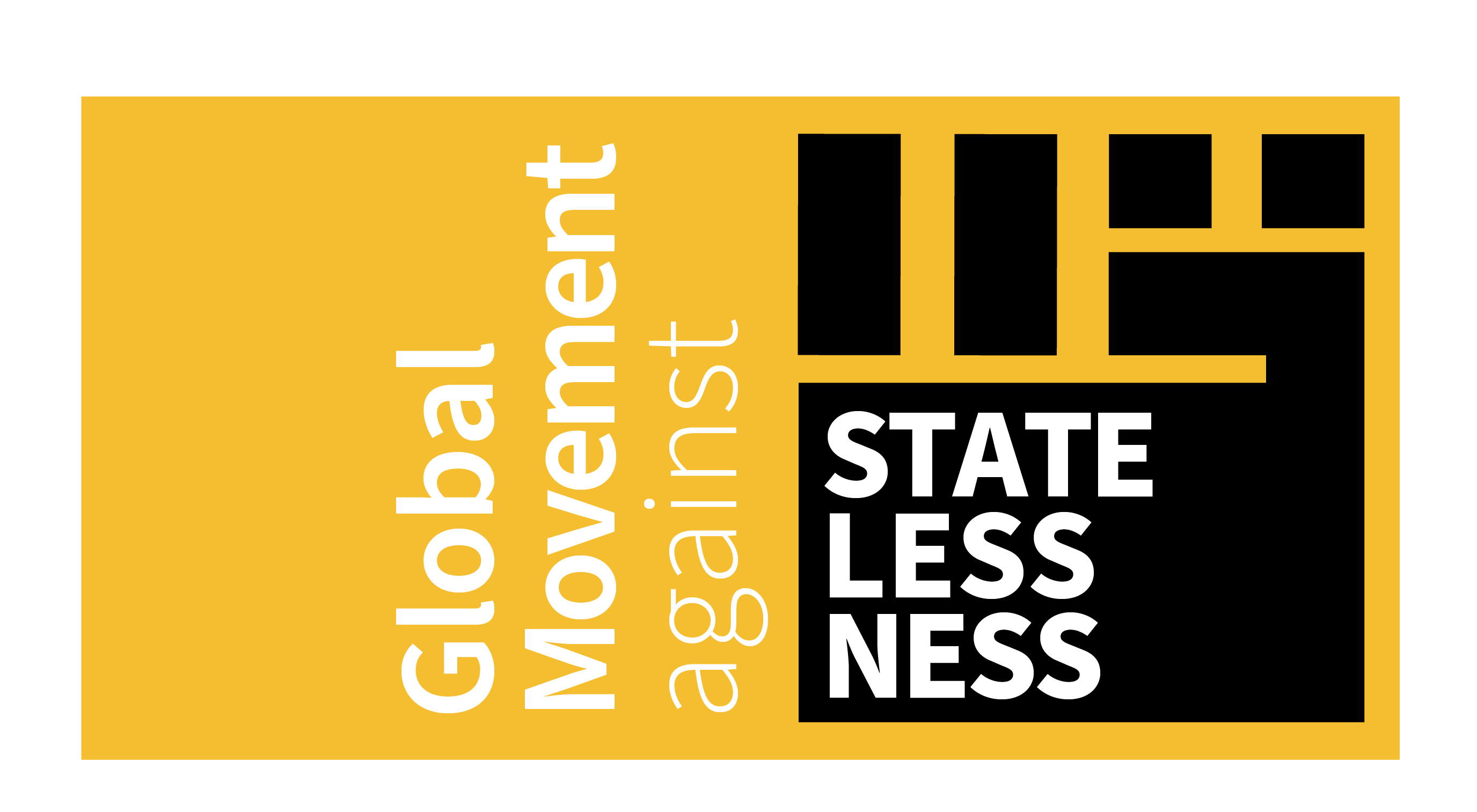

Christy Sonia Chitengu
The Global Movement Against Statelessness is a stateless-led community of individuals, activists, and civil society groups committed to eradicating statelessness and achieving equal nationality rights for all. As the first of its kind, the Movement has over 300 members globally, drawing on lived experiences to inform the Advisory Committee. The Movement challenges historical exclusion, tokenistic storytelling, and extractive research practices, while addressing power imbalances between established organizations and emerging groups led by affected individuals. The Movement’s leadership and advisory groups are primarily composed of people with lived experience of statelessness, ensuring that these voices are heard and prioritized. Our unique grassroots perspective, global reach, and commitment to bridging these initiatives are key contributions to the Global Alliance Advisory Committee.
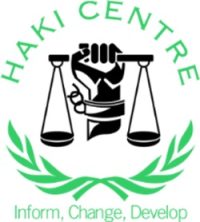
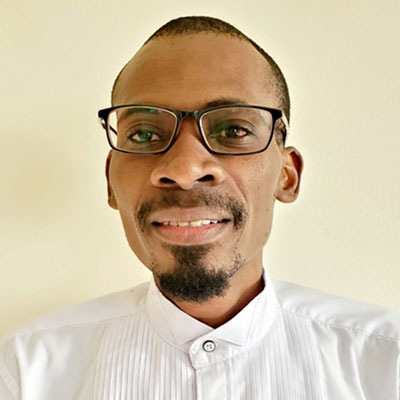
Andrew Ochola
Haki Centre Organization (HCO) is dedicated to ending statelessness in Kenya. The organization has a solid background in statelessness and decade-long learned experience; working directly with stateless communities. We believe the Global Alliance Advisory Committee is an excellent platform for HCO to contribute knowledge, ideas, and skills to the collective efforts to resolve statelessness globally.
HCO can provide insights and guidance that will help shape the strategic direction and priorities of the Alliance. Having been part of the Global Alliance Taskforce, we are conversant with and committed to upholding the mission, vision, and values of the Alliance and are equally keen to ensure that the Alliance achieves its objectives.
As a member of the Advisory Committee, HCO will devote adequate time to the Committee and as required, the focal person will play an active role in the Alliance activities including but not limited to membership drive, advocacy interventions, and stakeholder engagement.
We believe that participation in the Advisory Committee will give global visibility to HCO and the issues of statelessness in Kenya and East Africa; benefiting the country, the organization, and the Global Alliance. Further, it will be an encouragement to small CSOs working on the right to a nationality and will help us mobilise local and regional CSO networks in Africa and beyond.
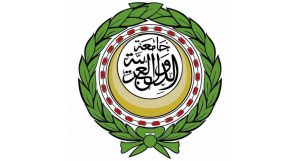
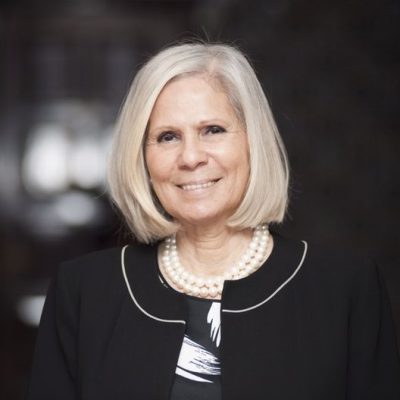
Ambassador Dr. Haifa Abu Ghazaleh
The League of Arab States (LAS) motivation for joining the Global Alliance Advisory Committee stems from the desire to contribute to shaping the Alliance’s strategy, priorities, and workplan. Addressing and resolving the challenges of statelessness aligns with the broader goals of the LAS to promote human rights and social development within its member states. This role offers an opportunity to actively support and contribute to the attainment of the Global Alliance’s objectives, drawing on extensive experience in addressing statelessness issues at both national and regional levels.
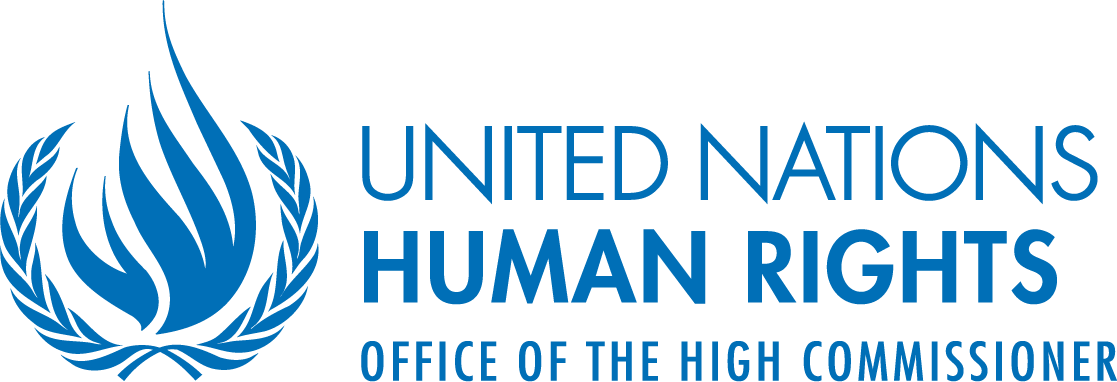
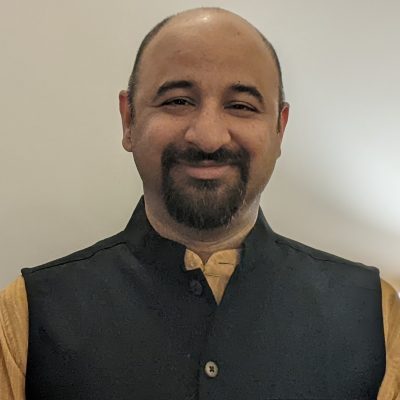
Bikramjeet Batra
The right to a nationality is a fundamental human right. In addition to violations of their right to a nationality, stateless persons are often subject to many other human rights violations. They may have difficulty accessing basic rights such as education, healthcare, employment and freedom of movement. As the leading UN entity on human rights, OHCHR has a unique role to promote and protect all human rights.
A key element for OHCHR to achieve its mission is to be a trusted partner and work with other organizations and individuals towards achieving all human rights for everyone. Thus, OHCHR was part of the taskforce involved in setting up the Global Alliance, and is a member of the Global Alliance. OHCHR seeks to continue the engagement through joining its Advisory Committee to provide strategic guidance and advice to shape the Alliance’s strategy, priorities, and workplan.

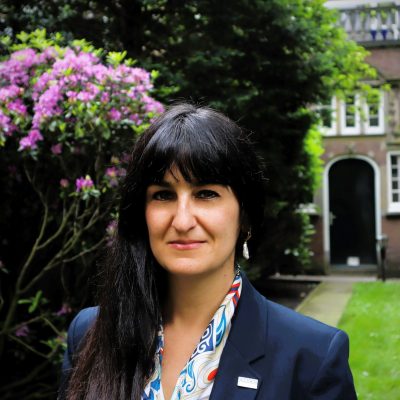
Mitra Jalali
At its 1992 Helsinki Summit, the OSCE established the High Commissioner on National Minorities (HCNM) as an instrument of conflict prevention at the earliest possible stage in regard to tensions involving national minority issues. The OSCE participating States have made a number of commitments regarding the protection of stateless persons, the right to nationality, access to citizenship, civil registration and the provision of documents, among others. Membership in the Global Alliance is in line with the HCNM’s mandate, in particular as it pertains to fostering social cohesion and encouraging OSCE participating States to ensure the rights of national minorities, which stem from the fundamental right to a nationality. The HCNM has been carrying out this work, in close co-operation with the UNHCR and the ODIHR, for many years. Joining the Global Alliance will be an opportunity for the HCNM to contribute to these important efforts with qualitative inputs for the benefit of peace and security, while implementing our joint pledge towards addressing and preventing statelessness through organizing one activity per year together with the ODIHR and the UNHCR over the next five years. The OSCE HCNM joins the Global Alliance to End Statelessness as part of its efforts to strengthen its guidance and support to relevant State authorities with the aim of preventing and addressing statelessness, in line with the international legal framework, OSCE principles and commitments, and the HCNM conflict prevention mandate.
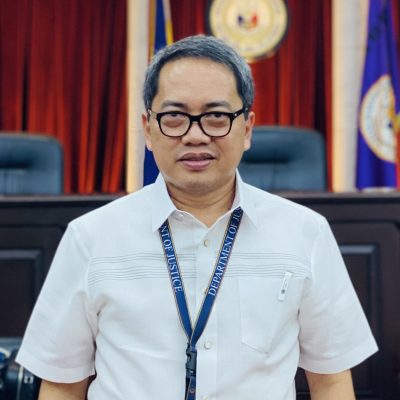
Melvin Castulo Suarez
The Philippines joined the Global Alliance and became a Solution Seeker State.
Membership in its Advisory Committee is rooted in extensive experience within the Philippine Justice Department’s Refugees and Stateless Persons Protection Unit (RSPPU). The RSPPU has actively identified and supported stateless persons and those at risk of statelessness (PAROS) while advocating for durable solutions. The Department promoted the enactment of the Foundling Recognition and Protection Act following the Supreme Court’s landmark ruling that recognized foundlings as presumed natural-born Filipino citizens. The Department also provided critical insights that led to the issuance of an Executive Order on protection services for refugees, stateless persons, and asylum seekers, participated in the Special Committee of the Supreme Court that drafted the Rule on Facilitated Naturalization for Refugees and Stateless Persons, and was instrumental in the Philippines’ accession to the 1961 Convention on the Reduction of Statelessness. The DOJ-RSPPU has led field missions to register and confirm nationality for Persons of Indonesian Descent, as well as initiatives involving Persons of Japanese Descent and the indigenous Sama Bajaus, identified as PAROS. These efforts align with the National Action Plan (NAP) to End Statelessness, which outlines the government’s strategy in this field.
This diverse and extensive exposure to statelessness work positions the Department to make valuable contributions to the Advisory Committee.

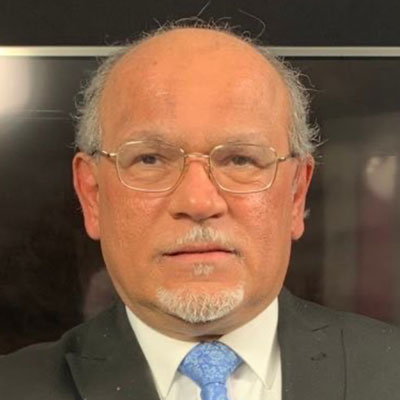
Jawaad Fairooz
Salam DHR is an NGO that endeavours to preserve universal principles of dignity and respect by shielding democracy and human rights. To accomplish these goals, Salam DHR conducts monitoring and analysis, produces reports, develops recommendations on policy and legislation, organises advocacy campaigns, conducts training, and builds effective coalitions.
Salam DHR was a Global Alliance Taskforce member and hopes to continue the collaboration and joint efforts with other stakeholders to achieve the goals and missions of the Alliance to shape planned strategies and to accelerating solutions that bring an end to statelessness internationally.

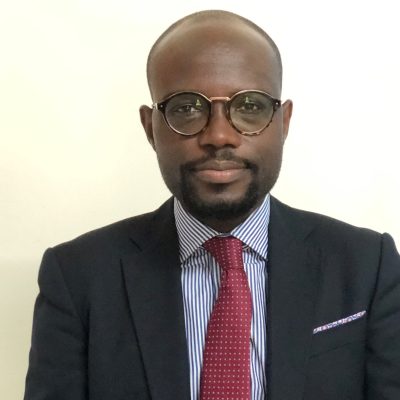
Patrick Eba
The UN Refugee Agency (UNHCR) global statelessness mandate is rooted in its responsibilities to prevent and reduce statelessness and to protect the rights of stateless individuals. This mandate was entrusted to UNHCR through the UN General Assembly, which designated the agency to lead global efforts addressing statelessness. Central to its mission is advocating for the right to nationality, preventing new cases of statelessness, and supporting states in identifying and addressing the underlying causes. UNHCR works closely with governments, civil society, and international partners to ensure that stateless populations are recognized and granted rights, including access to basic services and legal protections. By fostering legal reforms, facilitating accession to the 1954 and 1961 Statelessness Conventions, and promoting birth registration, UNHCR aims to achieve the ambitious goal of eradicating statelessness. UNHCR plays a pivotal role in leading the Global Alliance Secretariat through the Statelessness Section within the Division of International Protection. As the Secretariat of the Global Alliance, UNHCR coordinates and drives the Alliance’s efforts to address statelessness worldwide, leveraging its expertise and global reach to foster collaboration among member states, civil society, and other key stakeholders.


Kirsten Di Martino
UNICEF is committed to promote every child’s right to a nationality (CRC Art. 7 and 8) and to prevent childhood statelessness. Since 2017 UNICEF and UNHCR co-lead the Coalition on Every Child’s Right to a Nationality as part of the #IBelong Campaign and in 2019 at the High-level Segment to End Statelessness UNICEF pledged to enhance global capacity to tackle childhood statelessness. To further its commitment to end statelessness, UNICEF made three new pledges to end childhood statelessness at the Global Refugee Forum in December 2023. First, to become a member of the new Global Alliance to End Statelessness and to lead the Global Alliance’s Thematic Working Group to End Childhood Statelessness as part of that Alliance. Second, pursue joint advocacy at national, regional, and global levels to end childhood statelessness in partnership with UNHCR and, as a member of the Global Alliance to End Statelessness. Third, to increase joint programmatic collaboration with UNHCR and other members of the Global Alliance to End Statelessness, including civil society and stateless-led organisations, in at least 10 countries to accelerate progress toward ending childhood statelessness.

Carmen Wilke
The United States partners with organizations led by stateless persons, governments, civil society, humanitarian and development partners, and others to resolve situations of statelessness. Through diplomacy and funding to UNHCR, other international organizations, and NGOs, the United States drives progress on statelessness worldwide. U.S. advocacy is particularly focused on combatting arbitrary or unlawful discrimination in nationality laws, including racial, ethnic, religious, and gender discrimination. As a member of the Global Alliance Advisory Committee, the United States will advocate for improved data on statelessness and the inclusion of stateless persons in statistics. We look forward to working with Alliance partners to advance our collective efforts to resolve statelessness.
Advisory Committee Role and Responsibilities:
The Advisory Committee members provide essential strategic guidance and advice to shape the Alliance’s strategy, priorities, workplan and other initiatives.
The Advisory Committee insights ensure that our work aligns with our vision and mission. Members of the Advisory Committee have a proactive role in supporting and contributing to the attainment of the Global Alliance’s objectives, mission and overall vision, including supporting advocacy and external engagement, member outreach and raise awareness on the Alliance and its work.
Advisory Committee Structure:
The Advisory Committee is composed of up to 15 members, representing a diverse group of stakeholders: including stateless-led organizations, States, civil society groups and/or academia, UN agencies and/or entities (including UNHCR), regional intergovernmental and/or international organizations.
Advisory Committee Members:
Advisory Committee members have a keen interest in addressing statelessness and a commitment to the values and mission of the Global Alliance. Experience and expertise in this area are valuable, as are the diverse perspectives and skills.
Specific Criteria by Stakeholder Group:
States: Must be a UN member state and a member of the Global Alliance. Priority given to states in the Solutions Seekers Programme.
Stateless-Led Organizations: Must be led by individuals who are stateless or have lived experience of statelessness and demonstrate an understanding of diverse stateless populations.
Civil Society Organizations and Academia: Must be actively working on statelessness issues at national, regional, or international levels.
UN Agencies, Regional Intergovernmental and International Organizations: Must be engaged in or committed to resolving statelessness.
Duration:
Advisory Committee membership is for three years, with a possibility for renewal for a second term.
Frequency of Meetings:
The Advisory Committee will meet three to four times per year, generally online, with potential for hybrid or in-person meetings. Additional out-of-session meetings may be convened if necessary.
The Secretariat of the Global Alliance to End Statelessness
Terms of Reference for the Global Alliance Advisory Committee
Upcoming Meetings
There are no upcoming meetings at the moment, look out for further updates soon.
Meetings Archive
28 January 2025 ‐ 29 January 2025
Inaugural Advisory Committee Meeting in Geneva
Inaugural Advisory Committee Meeting of the Global Alliance to End Statelessness | 28-29 January 2025
The meeting brings together Member States, stateless-led organizations, civil society, regional organizations, and UN agencies to:
✅ Operationalize the Global Alliance
✅ Advance key workstreams
✅ Strengthen partnerships for impactful solutions
Together, we are committed to driving meaningful change and end statelessness worldwide.
5 December 2024
Online Meet-and-Greet Advisory Committee Meeting
Global Alliance Advisory Committee members are invited to an online Meet-and-Greet Meeting on 5 December 2024.
This meeting will allow members to connect, reflect on key takeaways from the recent High-Level Segment (HLS) on Statelessness and Global Alliance launch, and discuss preliminary plans for the first Advisory Committee in-person meeting on 28-29 January 2025.